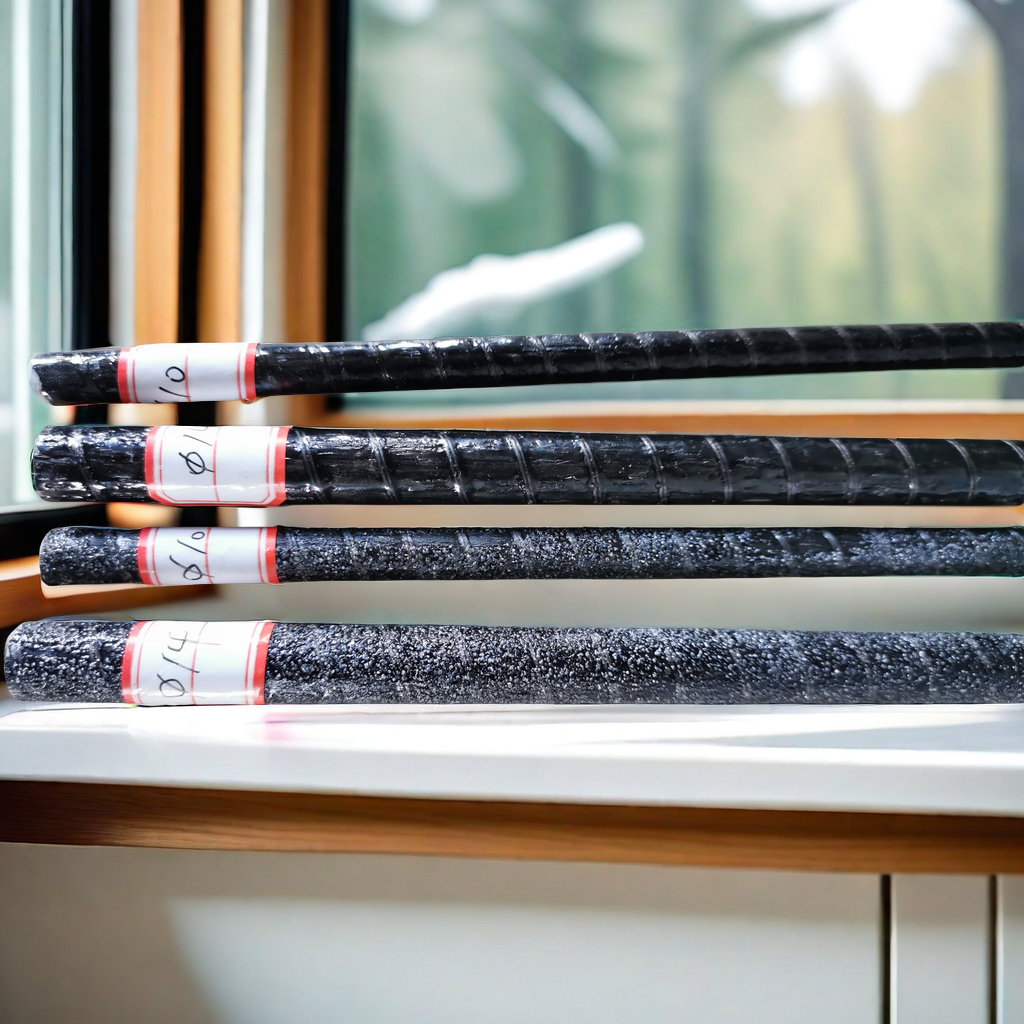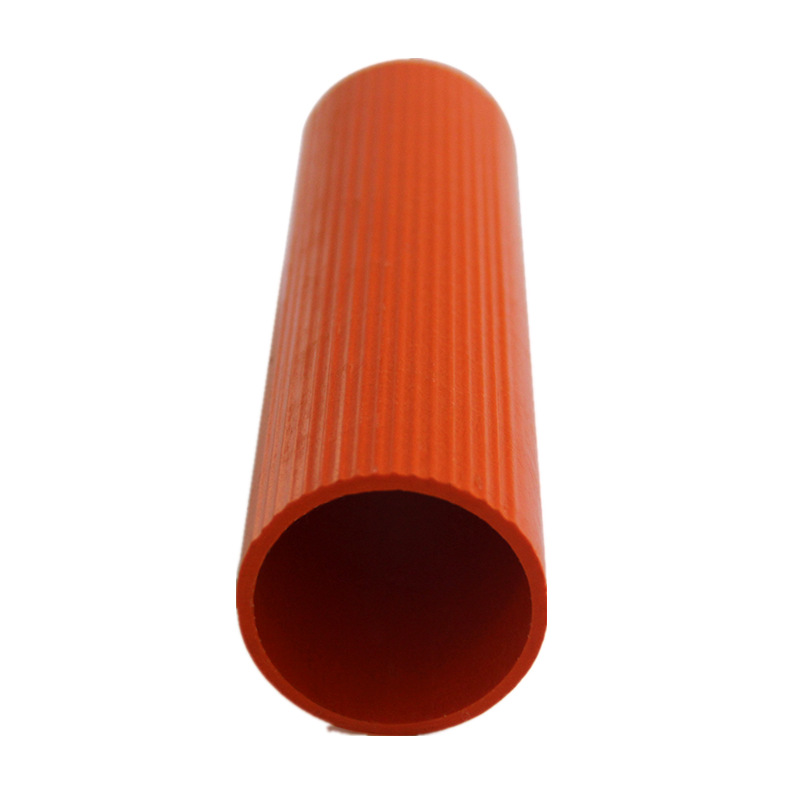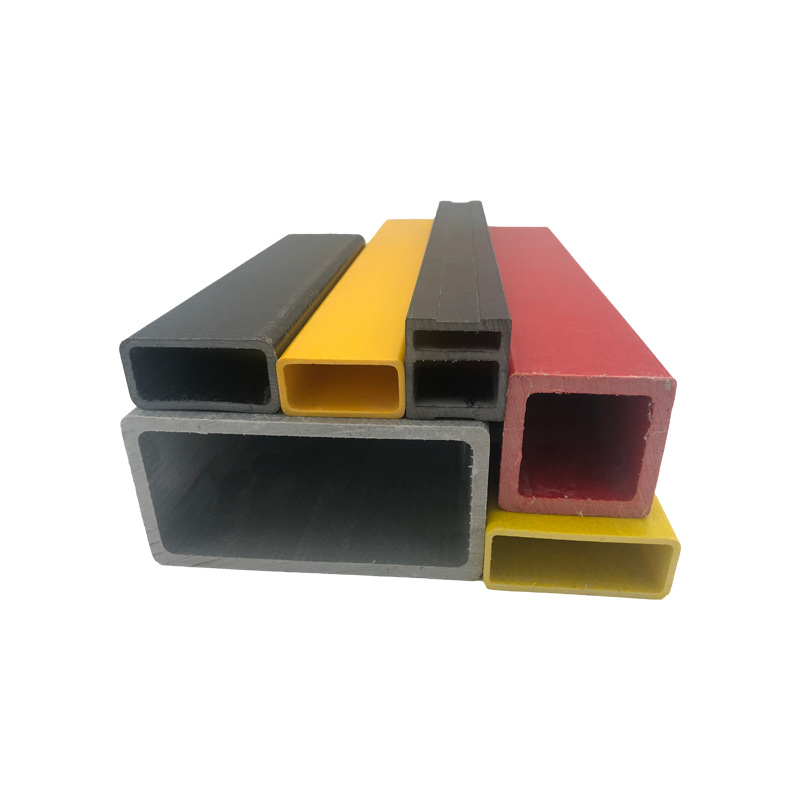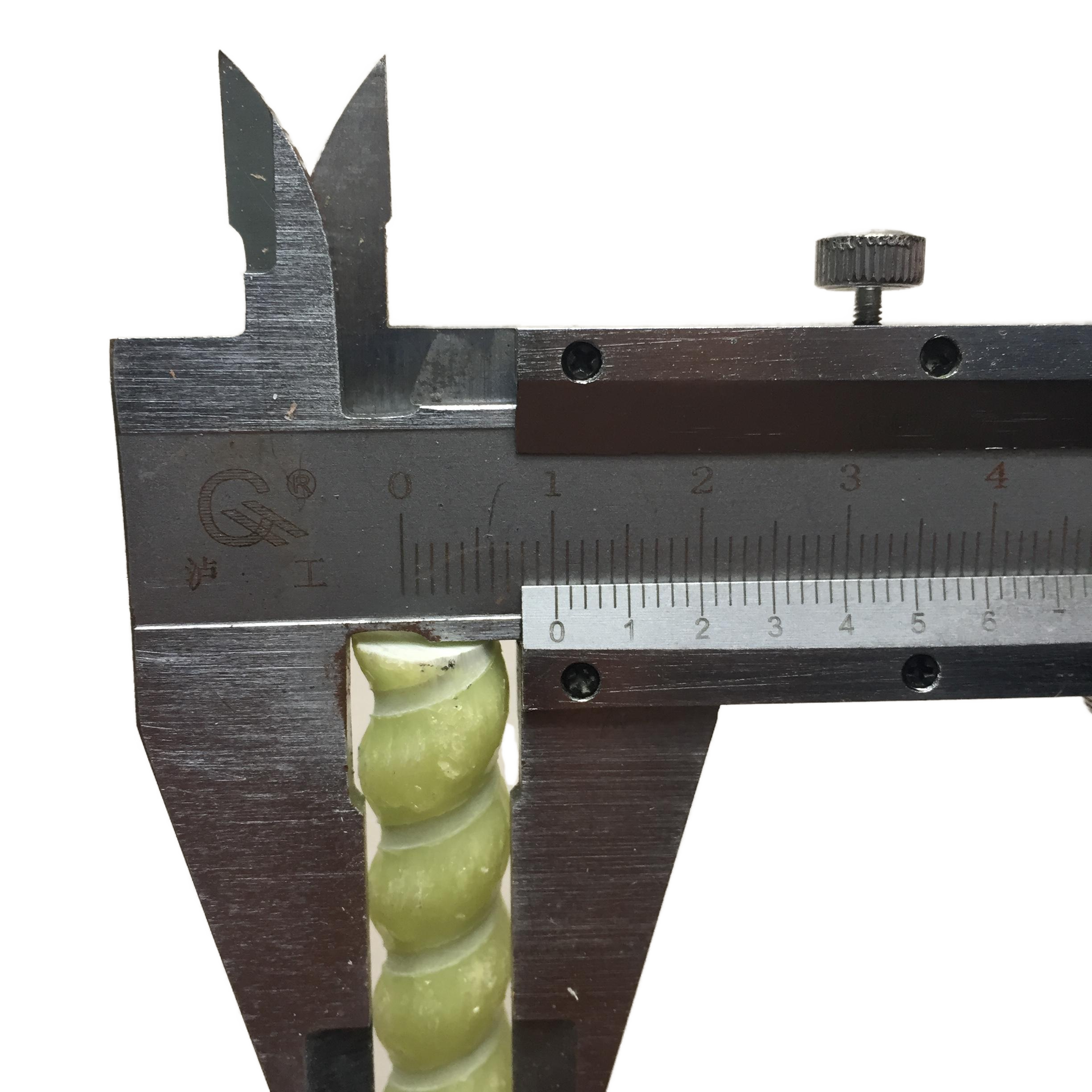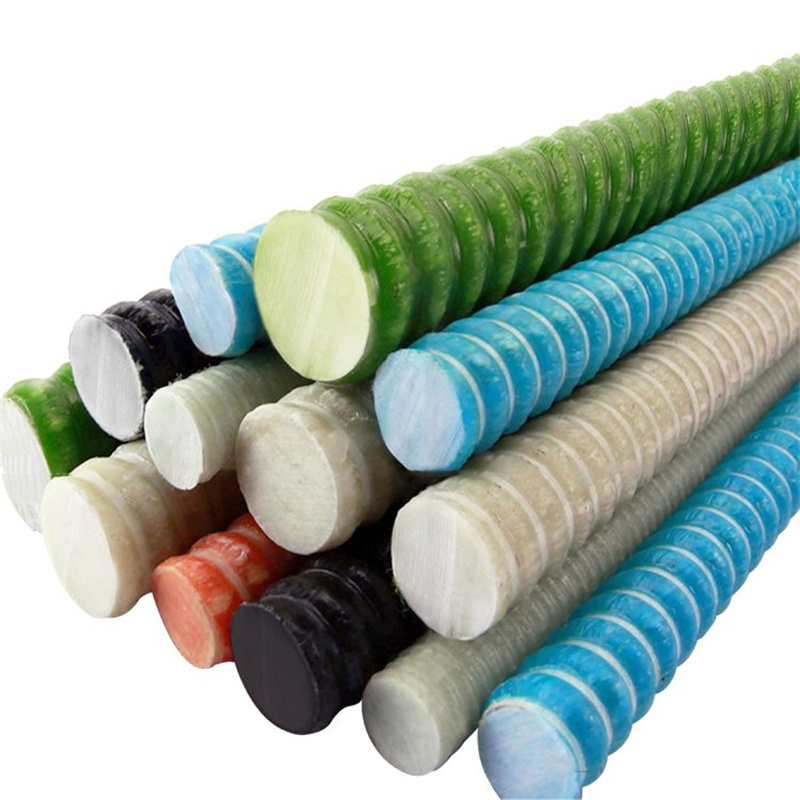Introduction
Bolts are fundamental components in engineering and construction, serving as critical connectors in various structures. The demand for durable bolts has surged due to the increasing need for long-lasting and reliable fastening solutions in modern infrastructure. This article delves deep into the characteristics, materials, and technologies that contribute to the durability of bolts, providing a comprehensive understanding for professionals in the field.
Materials Contributing to Bolt Durability
The durability of a bolt is significantly influenced by the material from which it is made. High-strength steel alloys are commonly used due to their exceptional tensile strength and resilience under load. Additionally, the advent of durable bolts made from advanced composites like Glass Fiber Reinforced Polymer (GFRP) has revolutionized the industry by offering corrosion resistance and high fatigue life.
Steel Alloys
Steel alloys, particularly those with added chromium and molybdenum, enhance the bolt's resistance to wear and corrosion. The heat treatment processes applied to these alloys further improve their mechanical properties, making them ideal for critical applications where durable bolts are essential.
Composite Materials
GFRP bolts are increasingly used in environments where metal bolts fail due to corrosion. The inherent properties of composites, such as high strength-to-weight ratio and resistance to chemical degradation, make them prime candidates for durable bolts in corrosive environments.
Technologies Enhancing Bolt Durability
Advancements in manufacturing technologies have led to the production of bolts with superior durability. Processes such as hot-dip galvanization, anodizing, and coating applications play a crucial role in extending the life of bolts.
Surface Treatments
Surface treatments like galvanization add a protective zinc layer to steel bolts, significantly enhancing their resistance to rust and corrosion. This makes them ideal for outdoor structures where durable bolts are necessary to withstand harsh weather conditions.
Heat Treatments
Heat treatment processes such as quenching and tempering alter the microstructure of steel, increasing hardness and strength. This results in durable bolts that can sustain high loads without deforming or breaking.
Design Considerations for Durability
The design of bolts also impacts their durability. Factors such as thread design, shank length, and head type must be optimized to ensure maximum performance under operational stresses.
Thread Profiles
Threads must be designed to distribute stress evenly along the bolt. Asymmetrical or damaged threads can lead to stress concentrations, reducing the lifespan of otherwise durable bolts. Precision in thread manufacturing is therefore essential.
Head Styles
Different head styles, such as hex, socket, or countersunk, affect the bolt's applicability in various situations. Selecting the appropriate head type ensures that the durable bolts function effectively without compromising the integrity of the connected components.
Environmental Factors Affecting Bolt Durability
Environmental conditions play a significant role in the longevity of bolts. Exposure to moisture, chemicals, and temperature fluctuations can accelerate degradation processes.
Corrosive Environments
In industries such as maritime and chemical processing, bolts are exposed to highly corrosive substances. Utilizing bolts made from corrosion-resistant materials is crucial. For instance, durable bolts made from stainless steel or GFRP offer superior performance in these settings.
Temperature Extremes
Extreme temperatures can cause material expansion, contraction, and fatigue. Bolts designed for such conditions must maintain their mechanical properties to remain durable bolts over time. Materials like certain steel alloys or ceramics are engineered to withstand these extremes.
Case Studies of Durable Bolt Applications
Real-world applications highlight the importance of selecting the right bolts for durability. Studies in bridge construction, aerospace, and deep-sea exploration provide valuable insights.
Bridge Construction
Bridges require durable bolts to ensure safety and longevity. The use of high-strength, corrosion-resistant bolts has been instrumental in extending the service life of bridges exposed to the elements.
Aerospace Industry
In aerospace, the use of titanium and superalloy bolts ensures performance under high stress and temperature variations. These durable bolts are critical for the safety and integrity of aircraft structures.
Maintenance Practices for Bolt Longevity
Regular maintenance is essential to preserve the durability of bolts. Practices include proper installation, regular inspections, and timely replacements.
Proper Installation Techniques
Ensuring that bolts are installed with the correct torque prevents over-tightening or under-tightening, which can compromise the bolt's integrity. Using the right tools and techniques is vital for maintaining durable bolts.
Routine Inspections
Regular inspections help detect signs of wear, corrosion, or fatigue early. This proactive approach allows for the replacement of bolts before failure occurs, ensuring the continued use of durable bolts in critical applications.
Innovations in Bolt Technology
Ongoing research and development are leading to new materials and designs that enhance bolt durability. Smart bolts with embedded sensors are an emerging technology.
Smart Bolts
Smart bolts are equipped with sensors that monitor stress, temperature, and other factors in real time. This technology ensures that durable bolts remain reliable by providing real-time data to maintenance teams.
Advanced Composite Bolts
Research into advanced composites aims to produce bolts that are not only durable but also lightweight. These materials are particularly valuable in industries where weight reduction is crucial, without compromising on the durability of the bolts.
Conclusion
The development and utilization of durable bolts are paramount in advancing engineering and construction practices. By understanding the materials, design considerations, and environmental factors that affect bolt durability, professionals can select and maintain bolts that ensure safety and longevity in their projects. As technology progresses, the future holds promising advancements in bolt durability, contributing significantly to the integrity of structures worldwide.
For more information on high-quality, durable bolts and their applications, visit our product page for detailed specifications and expert guidance.

















